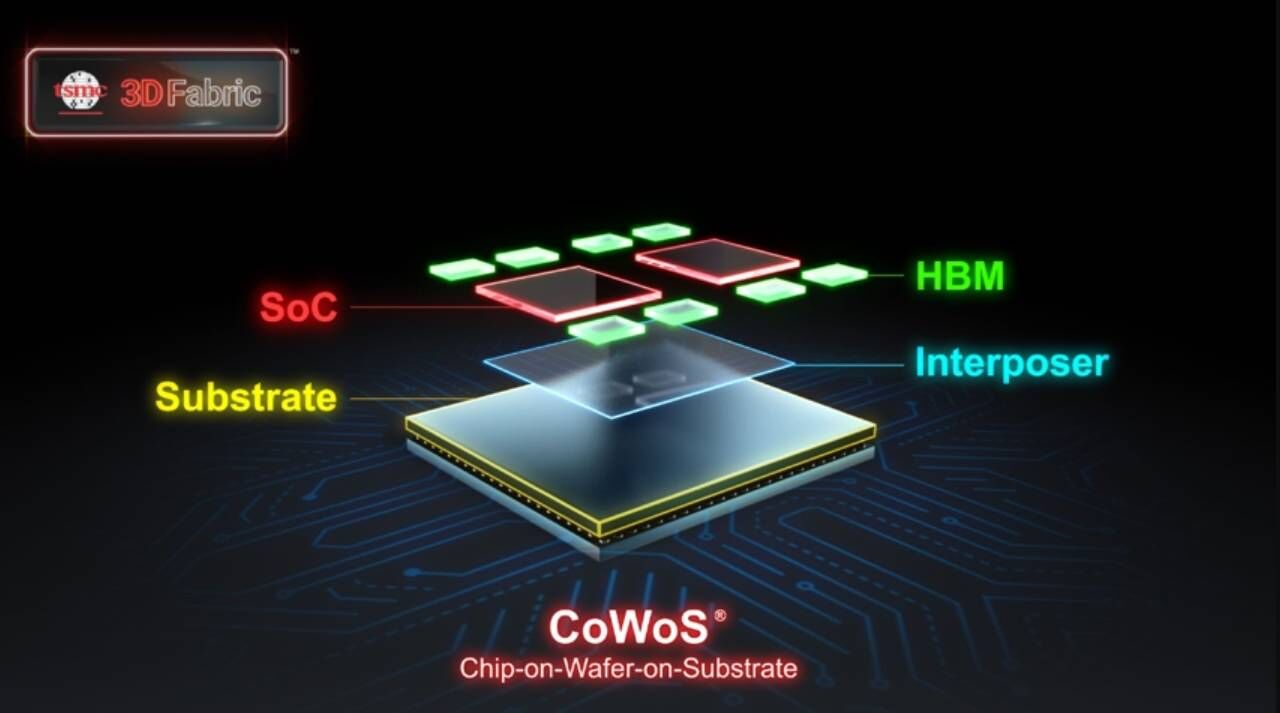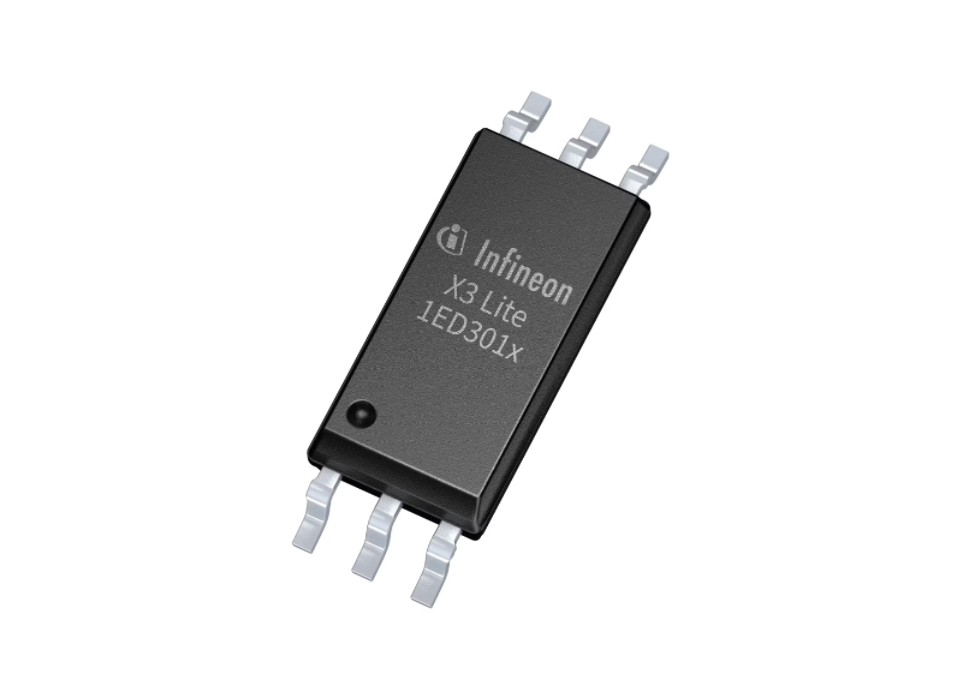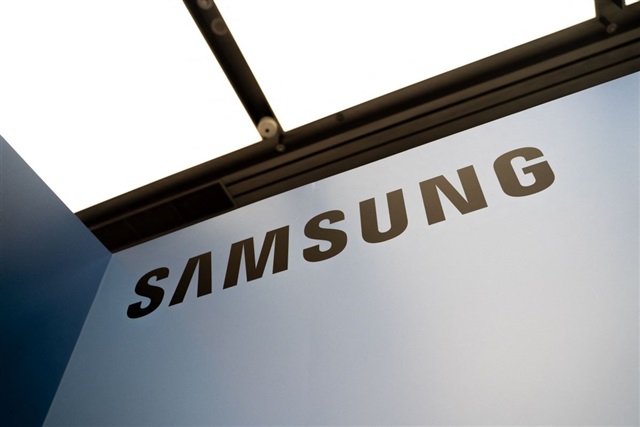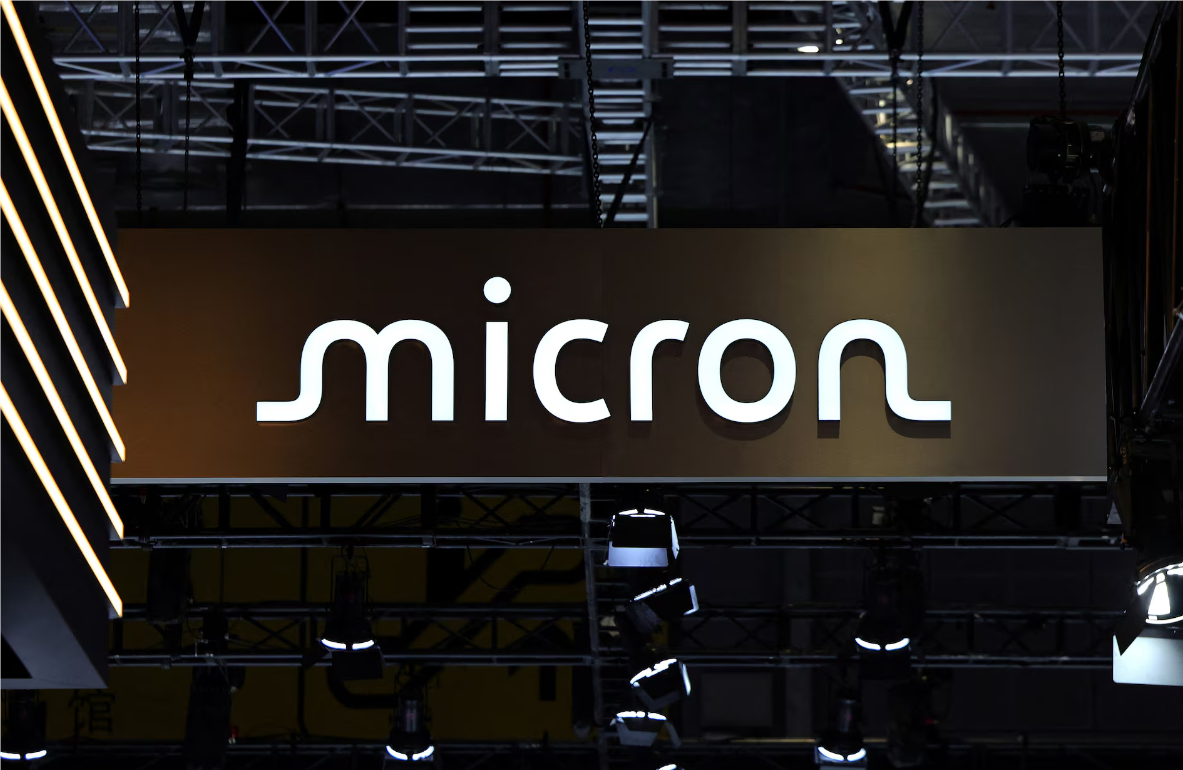August 6, 2025 /SemiMedia/ — Texas Instruments (TI) announced a broad-based price hike on August 4, set to take effect on August 15, impacting more than 60,000 product models across its entire portfolio — a nearly 20-fold increase from a smaller June adjustment.
According to industry sources, the average price increase ranges from 10% to 30%, with more than 40% of affected components seeing hikes above 30%. The adjustment focuses heavily on high-value markets such as industrial automation and automotive electronics. Distributors have begun relaying the new pricing to end customers, with only a limited number of strategic partners exempted.
This latest round of changes is more than just broad — it is structurally strategic. TI appears to be phasing out older generations of chips by significantly raising their prices while keeping newer alternatives relatively stable. For instance, a DCDC converter launched in 2018 rose by 22%, while its modern replacement increased by just 5%.
The new pricing structure reveals distinct trends across different end markets.
Industrial control products were among the most affected. More than 40% of industrial ICs saw price increases. For example, a 16-bit ADC used in factory automation jumped from $3.20 to $4.10, representing a 28% hike.
Automotive electronics also experienced sharp price adjustments. A battery management system isolator for electric vehicles rose by 22%, while power management ICs for infotainment systems increased between 18% and 25%.
Meanwhile, consumer electronics and telecom components saw more moderate changes. Prices for power management and RF front-end chips climbed by 5% to 15%. TI’s Q2 telecom revenue surged 50% year-on-year, indicating that these pricing changes may align with a broader product strategy shift.
The price hike is attributed to multiple factors — rising material costs, particularly for high-purity silicon wafers, as well as TI's lower gross margin in the China market compared to global levels. The company appears to be using this opportunity to restructure regional profitability and boost the value proposition of its newer products.
Though the move may pose short-term challenges for market share, it also creates opportunities for domestic chipmakers like SG Micro and 3Peak, which are actively expanding in industrial and automotive segments. Analysts also expect global competitors such as ADI and Infineon to monitor and possibly follow TI’s lead.
TI's decision underscores a broader semiconductor industry shift — from scaling production to enhancing value. Strategic pricing is emerging as a central lever in redefining global chip supply dynamics.












All Comments (0)